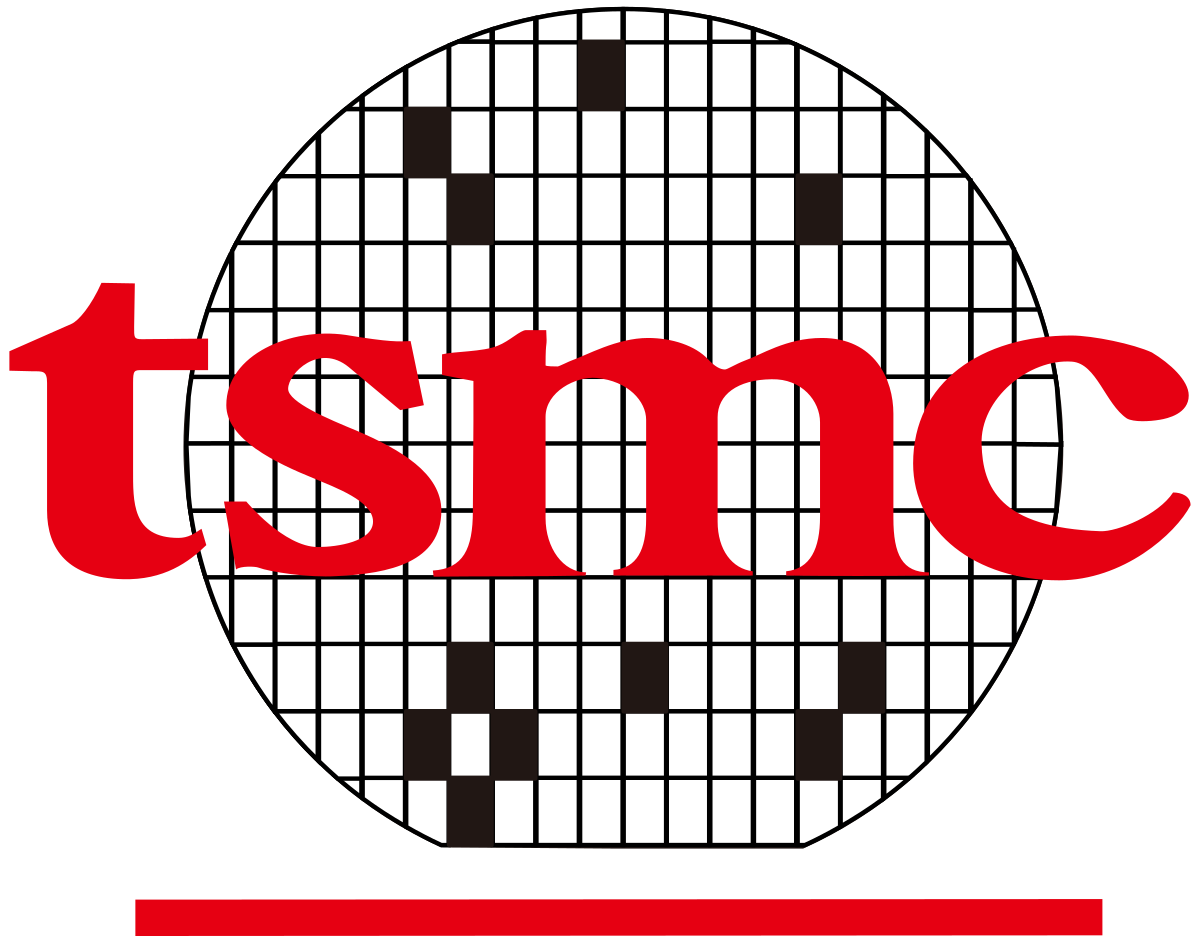
Earnings Per Share (EPS) of $2.14, beating the estimated $2.03, with a year-over-year increase of 60%.
Q1 2025 revenue reached approximately $25.8 billion, a 35.3% increase year-over-year, slightly above expectations.
Projected Q2 revenue between $28.4 billion and $29.2 billion, indicating strong demand for AI chips and strategic advantages in the U.S. market.
Taiwan Semiconductor Manufacturing Company (NYSE:TSM) is a leading player in the global semiconductor industry. Known for its advanced chip manufacturing capabilities, TSMC serves a wide range of industries, including consumer electronics and automotive. The company faces competition from other semiconductor giants like Intel and Samsung but maintains a strong market position due to its technological expertise and strategic manufacturing locations.
On April 17, 2025, TSMC reported earnings per share (EPS) of $2.14, surpassing the estimated $2.03. This performance is part of a broader trend, as TSMC’s diluted EPS rose by 60% year-over-year to about $2.12, supported by industry-leading margins. The company’s revenue for Q1 2025 was approximately $25.8 billion, slightly above the $25.53 billion reported, marking a 35.3% increase year-over-year.
Despite a slight miss in topline expectations, TSMC’s Q1 2025 earnings have outperformed overall. The company has provided a robust outlook for Q2, projecting revenue between $28.4 billion and $29.2 billion, which exceeds consensus estimates. This guidance indicates strong demand for AI chips, even amid ongoing tariff issues in the United States, as highlighted by the company’s revenue guidance surpassing expectations by $1.58 billion.
TSMC’s strategic advantages related to tariffs and its advanced manufacturing capacity in the U.S. bolster its resilience amid the ongoing trade war. The company’s net profit margins remained stable in Q1 2025, suggesting that U.S. manufacturing has had a minimal impact on margins in the near term. However, TSMC’s aggressive expansion in the U.S., with $10 billion spent in capital expenditures in Q1, could potentially affect its free cash flow in the short term.
The company’s financial health is further supported by a debt-to-equity ratio of approximately 0.23, indicating a relatively low level of debt compared to its equity. Additionally, TSMC maintains a strong liquidity position with a current ratio of about 2.44, suggesting it has more than enough assets to cover its short-term liabilities. This financial stability, combined with its robust competitive advantage and strong pricing power, has led to TSMC being upgraded to a “Strong Buy.”

